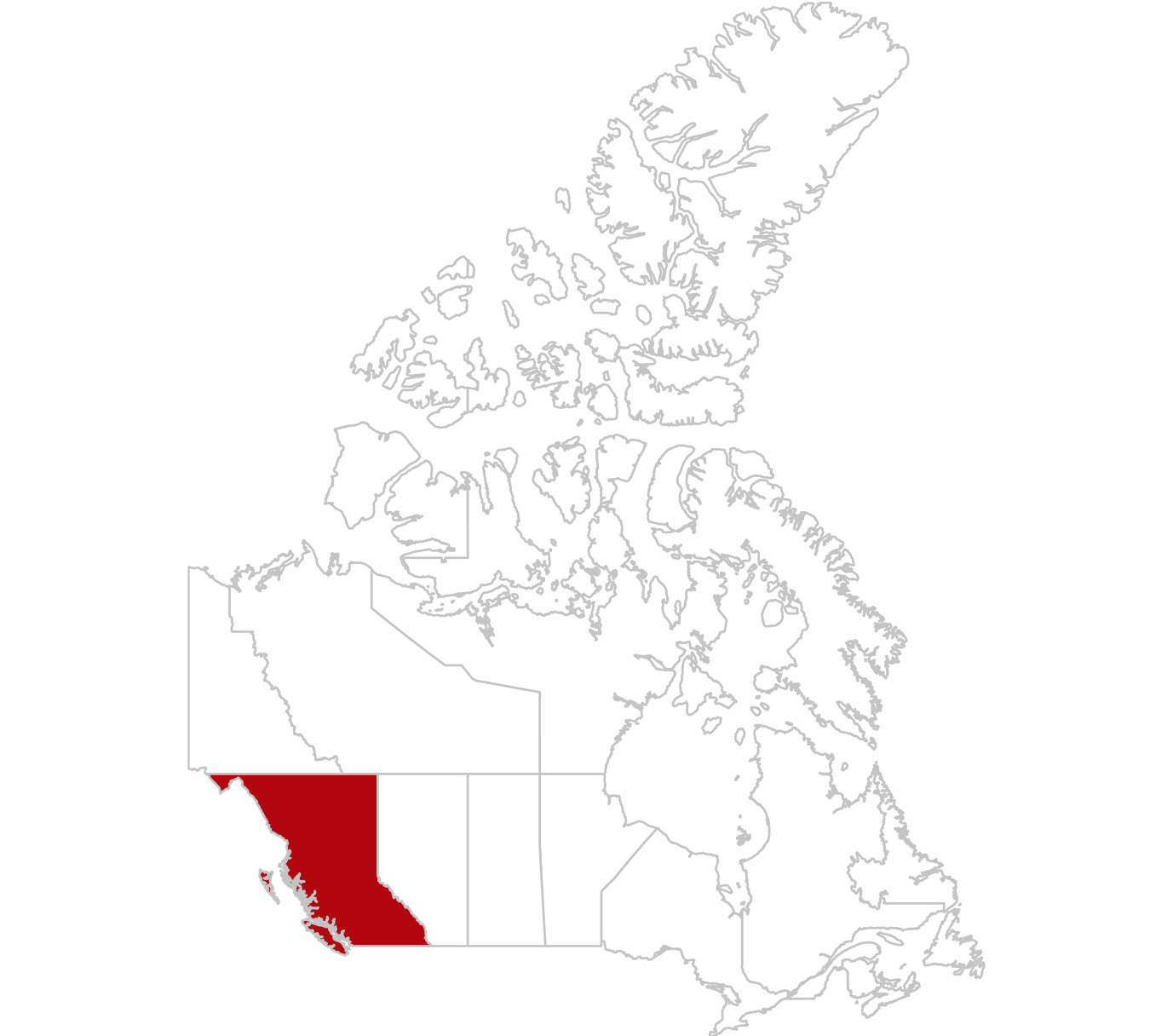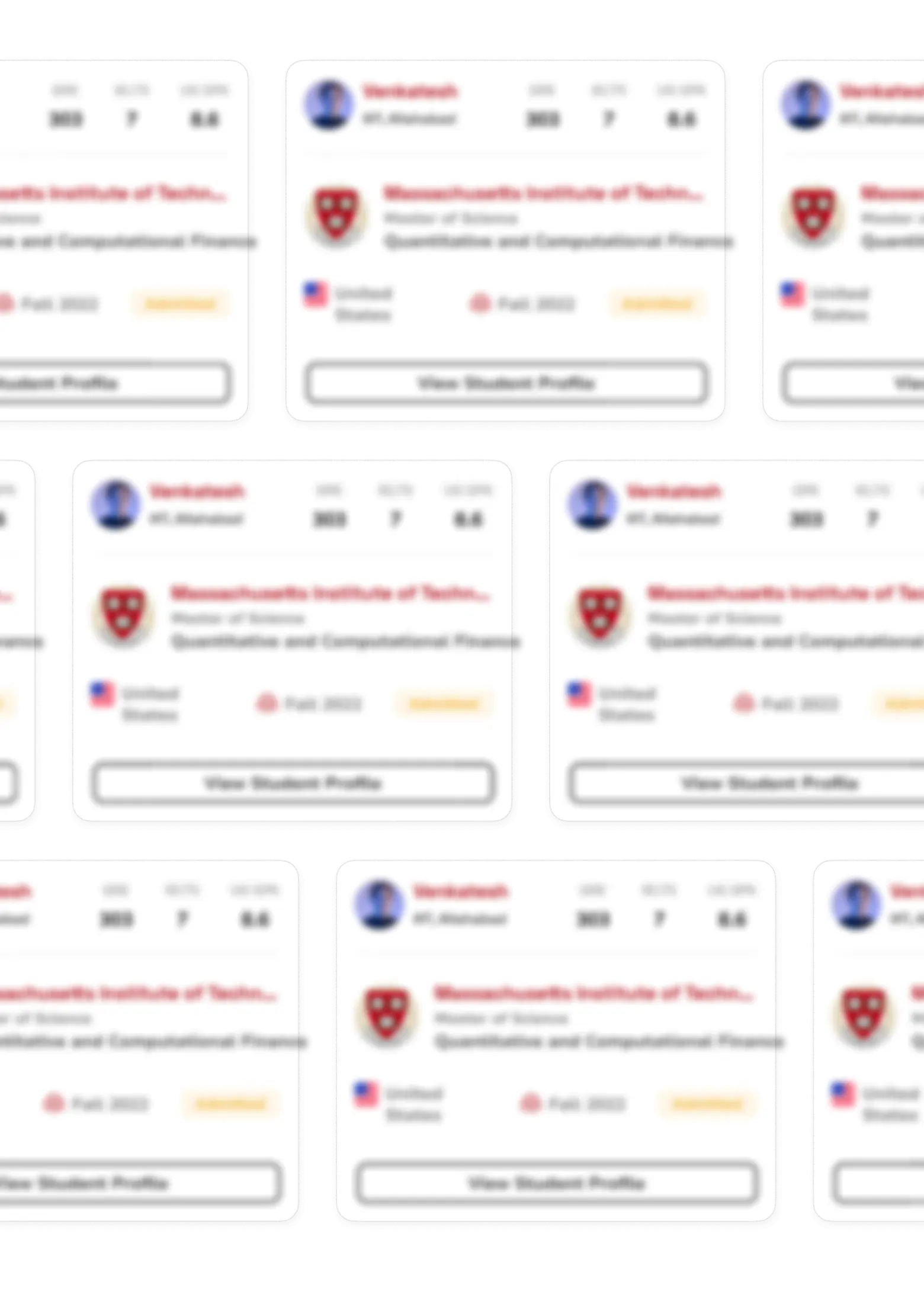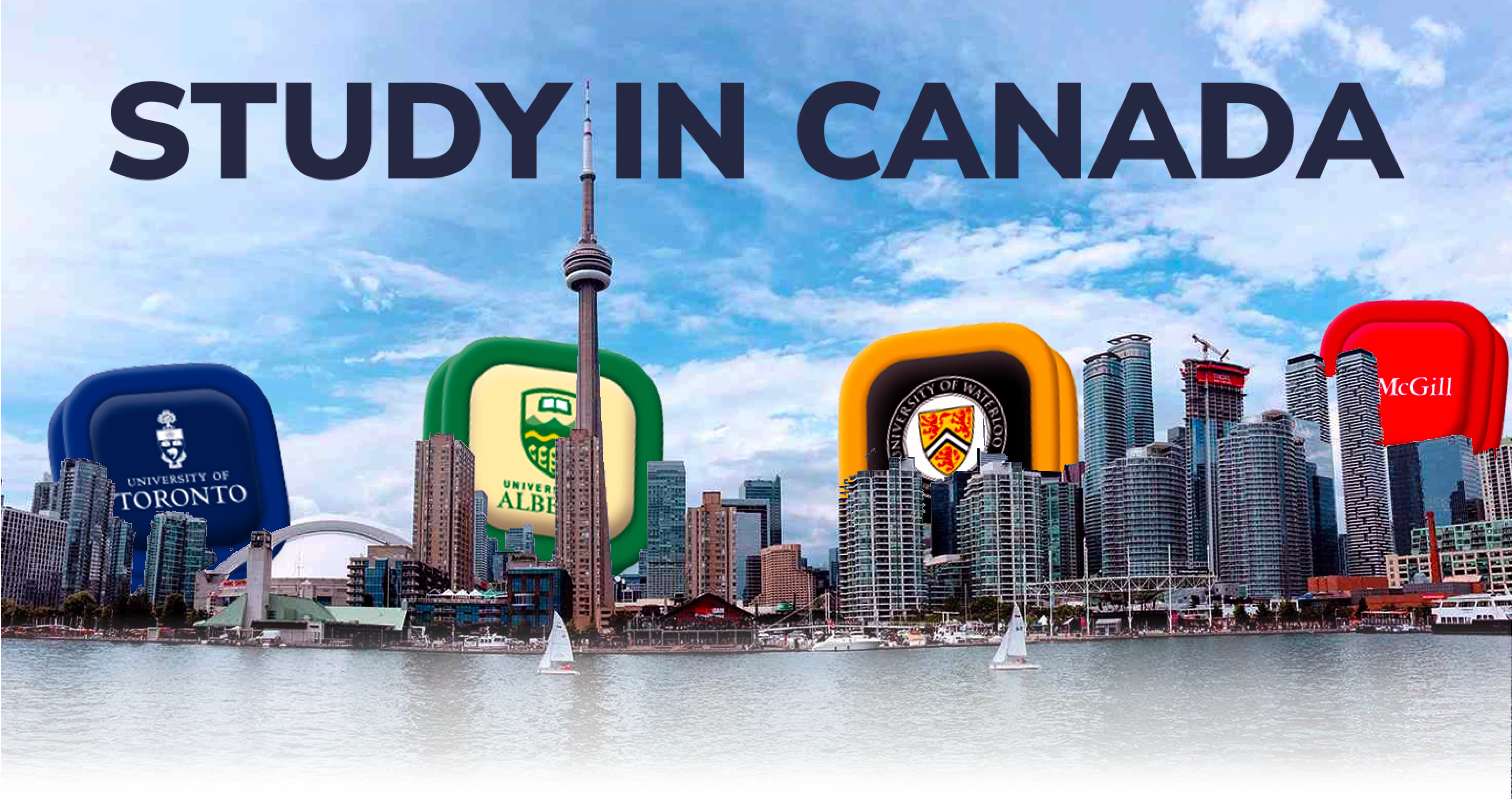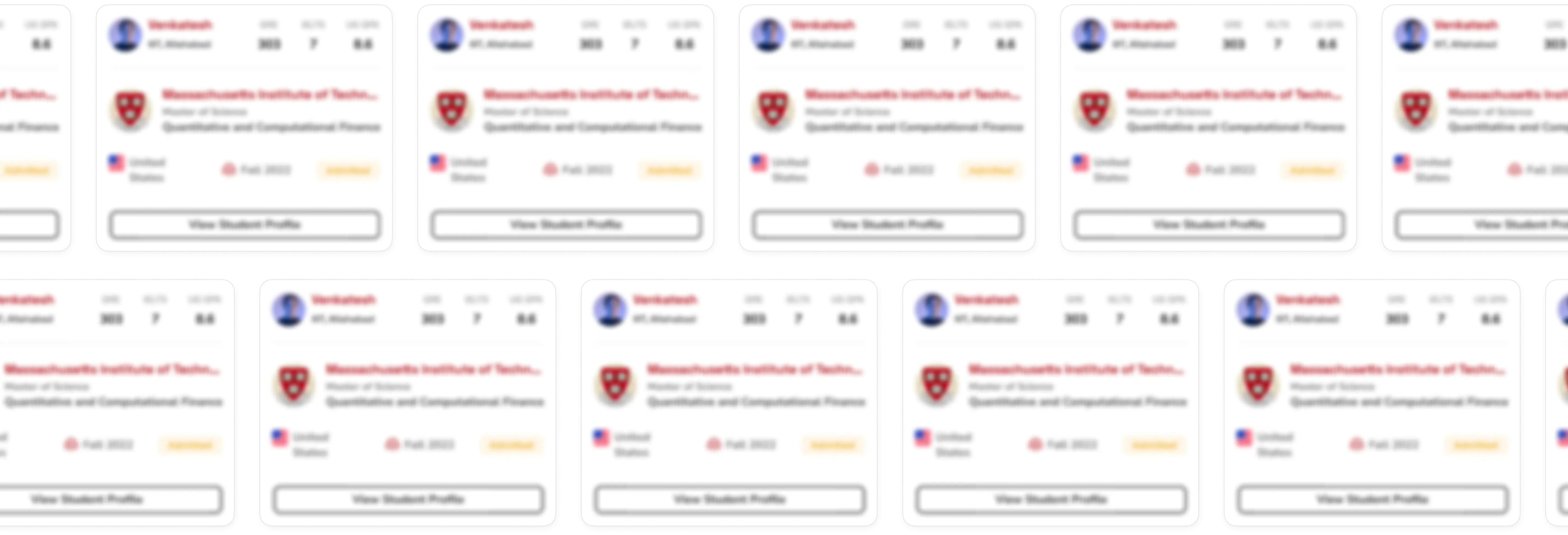
OVERVIEW

Why Choose Canada for Your Educational Endeavor?
Canada is an excellent choice for international education, known for its high standard of living, quality education system, and welcoming environment.

High Quality of Life:
Canada offers a safe, peaceful, and diverse setting, enhancing the overall student experience.

Affordable Education:
Compared to many countries, Canada provides more affordable tuition and living expenses, making quality education accessible.

Work and Residency Opportunities:
The Canadian education system allows students to work during their studies and offers pathways to post-graduate work and permanent residency.
Highlights
Health & Medicine, Engineering, Computer Science & (IT), Business
Most Popular courses
100
Colleges
319,130
Indian Students
$36,123 CAD
Average Tuition Fees
CAD 15,000
Cost of Living (Annual)
Top Places to Study in the Canada
British Columbia (Vancouver)
British Columbia (Vancouver)

Did you know that the University of British Columbia, one of the top research universities in Canada, is located in Vancouver and was established in 1908?
Cost of Living

Average cost per year
CA$ 1,807 to CA$ 2,868 /mo
Weather
Hottest Month
July
Coldest Month
Jan

Top universities in Canada

#2
QS RANK

#6
QS RANK

#1
QS RANK

#3
QS RANK

#5
QS RANK

#4
QS RANK

They Secured Their Dream. Are You Next?
Dive into the success stories of students who've secured spots in some of the most prestigious institutions in the USA. Get inspired, compare profiles, and discover what it takes to join the ranks of these top admits.
Application Essentials for Canadian Universities
Start your application with these key documents in hand:

Valid Passport

Academic Transcripts Detailed records of your previous educational qualifications

English/French Language Proficiency: IELTS/TOEFL/TEF scores, depending on the language of instruction and program requirements

Statement of Purpose (SOP):Your academic and professional goals, and reasons for choosing the specific program

Reference Letters: Usually two, from academic or professional referees

Curriculum Vitae (CV)/Resume: Particularly important for postgraduate applicants

Proof of Financial Resources To cover tuition and living costs

Canadian Study Permit Application:Required for international students

Additional Tests:Like GMAT or GRE for certain postgraduate programs

Portfolio:  For courses such as art, design, or architecture
Your Roadmap to US College Applications

Is Higher Education in Canada Worth It?
Pros

Diverse and Inclusive:
Multicultural society with a welcoming attitude towards international students.

High-Quality Education System:
Internationally recognized degrees and research opportunities.

Post-Graduation Work Permit:
Opportunity to work in Canada after graduation.

Beautiful and Safe Country:
High standard of living with stunning natural landscapes.
Cons

High Tuition Fees:
Especially for international students.

Varied Climate
Winters can be extremely cold, especially in the northern regions.

Competitive Admission Process:
Especially for top universities.

Cost of Living:
Cities like Toronto and Vancouver can be expensive.
Understanding the Cost: Breakdown of Expenses



Electricity
CAD 600 - 1,200 /yearly

Gas
CAD 400 - 1,000 /yearly

Water
CAD 300 - 800 /yearly

Internet
CAD 600 - 1,200 /yearly

Groceries
CAD 4,000 - 8,000 /yearly

Transportation
CAD 2,000 - 5,000 /yearly
Average Expenditure per year :
CAD 7,900 - 17,200 /year

Your Guide to Studying in Canada: Understanding Visas and Immigration
Study Permit
Cost: CAD 150
For international students accepted into a designated learning institution in Canada. It's required for most study programs longer than six months.
Visitor Visa or Electronic Travel Authorization (eTA)
Cost: CAD 100, eTA - CAD 7
Required alongside the Study Permit, depending on the student's nationality. The eTA is for visa-exempt foreign nationals flying to or transiting through Canada.
Post-Visa Immigration Process:
Work Options:
With a Canadian Study Permit, students are allowed to work on-campus or off-campus for up to 20 hours per week during academic sessions and full-time during scheduled breaks.
Extensions:
Students can apply for an extension of their Study Permit if they need more time to complete their studies. The application should be submitted before the current permit expires.
Post-Graduation Work Permit Program (PGWPP)
After completing their studies, graduates from eligible Canadian institutions can apply for a Post-Graduation Work Permit, which allows them to gain Canadian work experience. The length of the permit varies up to a maximum of three years, depending on the length of the study program.
Permanent Residency Paths
Graduates working in Canada on a PGWP can consider various immigration pathways for permanent residency, such as the Canadian Experience Class, part of the Express Entry system, or various Provincial Nominee Programs, depending on their situation and the province they are in.
Exploring Life, Learning, and Culture in US Colleges
Yes, students can work up to 20 hours per week during academic sessions and full-time during breaks on a Study Permit.
Apply online before your current permit expires and ensure you meet all the conditions to continue studying in Canada.
Graduates can apply for the Post-Graduation Work Permit Program (PGWPP) to work in Canada after their studies
Yes, various scholarships are offered by Canadian institutions and organizations for international students.
Depending on the city, students should budget between CAD 10,000 and CAD 15,000 per year for living expenses.









Ready to elevate your study abroad journey?
Book a call with us now and take the first step towards your global future!
















